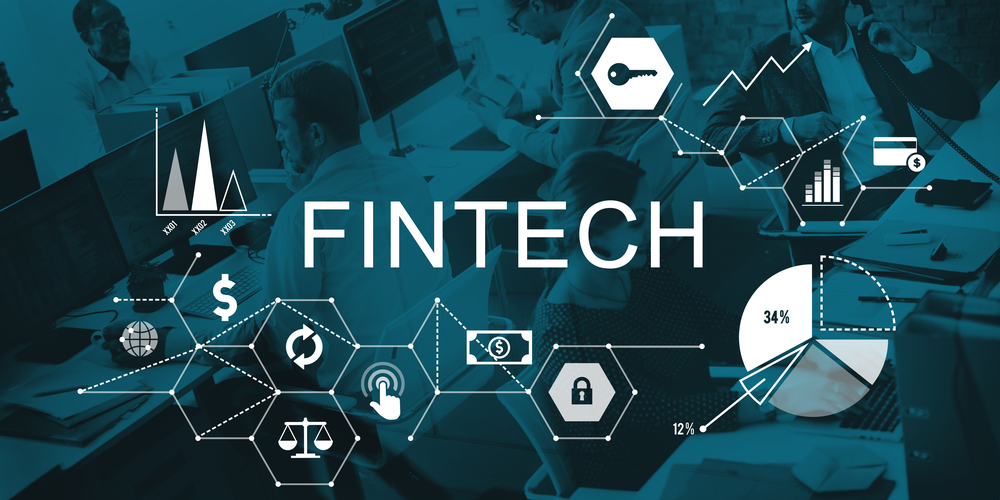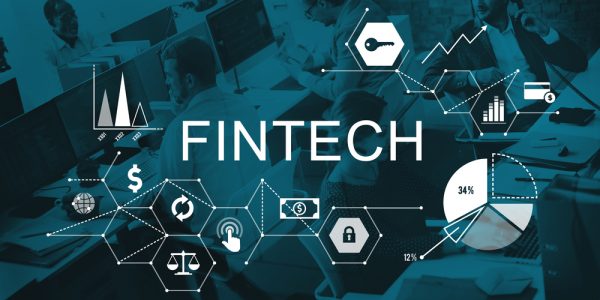In 2024, Nigeria’s FinTech scene continued on the upward trajectory that it had begun driving years ago. From digital payments to blockchain solutions, crowdfunded investment platforms and democratized insurance, there’s so much going on in the space. Most of it didn’t even exist a decade ago. This article celebrates this rapid growth by highlighting how 2024 revolutionized the FinTech landscape in Nigeria.
Read more about Tech
An Increased Use of Digital Payments and Mobile Wallets
One of the most prominent developments in Nigeria’s FinTech scene in 2024 was the growth of digital payments. Mobile wallets, which had already been gaining popularity in previous years, became the mainstay for a large portion of the population. The ease of using smartphones for transactions, from peer-to-peer transfers to bill payments, made digital payment solutions more indispensable than ever.
In 2024, platforms such as Paystack, Flutterwave, and others expanded their services, allowing individuals to pay for goods and services online, transfer money instantly across the country, and even invest in various assets. These digital wallets became essential tools in a country where a large portion of the population still operates without traditional banking services.
Blockchain Shows Promise
As was the case in the past couple of years, blockchain technology continued to gain traction in Nigeria in 2024. As global interest in decentralized finance (DeFi) rose, Nigerian startups and FinTech companies began adopting blockchain technology to offer new financial products. While the focus in this domain has remained predominantly on crypto trading, there’s recently been an increased focus on the applications of blockchain technology.
Sign up for the Connect Nigeria daily newsletter
Blockchain technology has been utilized in several sectors beyond just finance, including document verification (at startups like Veridaq) and supply chain management.
Embedded Finance Revolutionizes Traditional Industries
Embedded finance, which involves the integration of financial services into non-financial platforms, was also adopted by several businesses in 2024. Startups that originally began in e-commerce, healthcare, and education began integrating payment solutions, lending services, and insurance into their platforms. This allowed users to access financial products seamlessly as they interacted with other services.
For example, Nigeria’s burgeoning e-commerce market saw the rise of platforms that allowed users to pay for products on a flexible credit system (e.g. Buy Now, Pay Later, or BNPL) as they made purchases. With FinTech integrated directly into these everyday platforms, Nigeria saw greater levels of financial inclusion, especially for individuals who were previously excluded from traditional banking.
This integration wasn’t limited to consumer-facing applications either. Businesses across Nigeria began to use embedded finance solutions to streamline operations, from utilizing cloud-based invoicing systems that integrate payment processing to leveraging automated lending platforms for quick business financing.
AI and Machine Learning Power Financial Innovation
Artificial intelligence (AI) and machine learning (ML) began to play an even more significant role in Nigeria’s FinTech landscape in 2024. Nigerian FinTech companies are using AI to optimize credit scoring models, enabling more accurate lending decisions. Machine learning algorithms also power fraud detection systems, providing advanced tools for identifying suspicious transactions in real time. These innovations are crucial in a country where financial fraud has been a persistent challenge.
The Embrace of Alternative Banking
Digital banking has become a fixture of the FinTech landscape in Nigeria, at least in urban areas. Brands like Opay and Kuda have gained millions of users, meaning that they now rival traditional banks in terms of the size of their customer bases. The ease of service provision, along with relatively low fees, have made these digital banks the preferred option for many Nigerians.
Telecommunications companies like MTN and Airtel have also made forays into the alternative banking space with Payment Service Banks, in the form of MTN Mobile Money and Airtel SmartCash. These PSBs are utilizing the existing mobile infrastructure of their parent companies to deliver financial services to customers.
Register to attend the CN Business Mixer
Final Words
Nigeria’s large, youthful population—along with its increasing smartphone penetration and internet access—positions the country as a key player in the global FinTech revolution. As more Nigerians move away from traditional financial systems, The FinTech landscape in Nigeria will continue to innovate and expand into new markets, both within Africa and beyond.
2024 was a transformative year for Nigeria’s FinTech industry, one in which the country continued to position itself as a leader in the African FinTech landscape. With continued investment in technology, infrastructure, and regulation, its financial ecosystem will achieve new levels of growth in the years ahead.
Got a suggestion? Contact us: [email protected]


